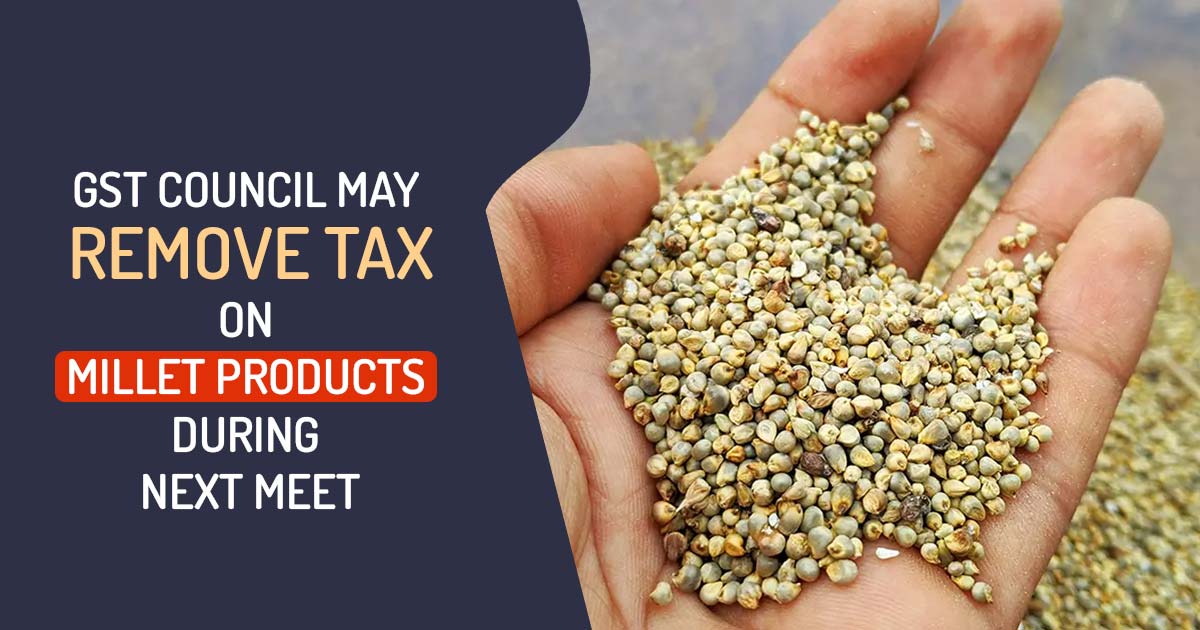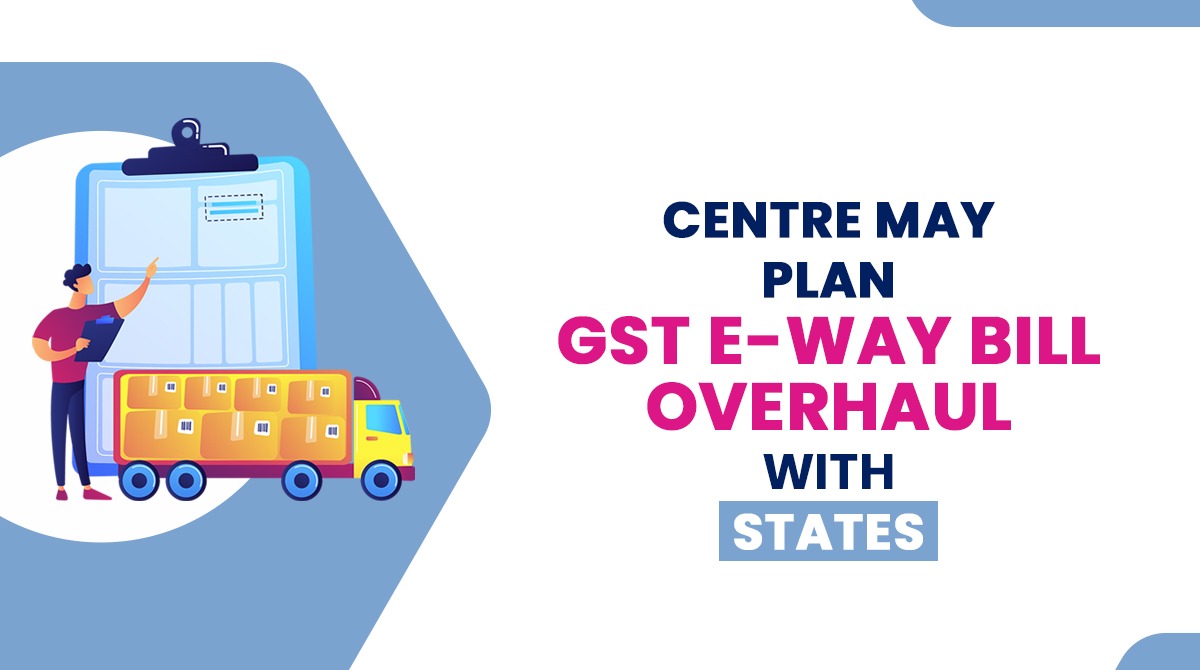
The upcoming meeting of the Goods and Services Tax (GST) Council, scheduled for Saturday, will address several important matters regarding tax rates. One of the key topics to be discussed is the taxation of millet-based product mixes. It is likely that the council will consider implementing a “zero tax” policy for millet products that are sold loose, given they contain at least 70 percent millet.
If millet-based products are packaged or labelled, a tax rate of 12 percent will be applied. According to the sources, this recommendation for rate revision has been put forth by the council’s fitment committee, which consists of revenue officials from both the central and state governments.
Regarding the tax rates on electric vehicle (EV) batteries, it is anticipated that the council will maintain the current rate of 18 percent, instead of reducing it to 5 percent as proposed by the industry. The source stated the multiple uses of lithium-ion batteries, including in mobile phones and electronics, as a reason for not considering the industry’s proposal.
The GST council may defer discussions on certain items related to tax treatment, along with the recommendation of the fitment committee. In these, matters concerning the nature and taxability of supplies in the cryptocurrency ecosystem could also be postponed, said the source.
Another category of products, a long-pending discussion to bring clarity on the taxation, that could undergo further deliberation, is the taxation of bakery products, specifically Khari and cream rolls. The industry has long been demanding clarity on the tax implications of these items. Currently, bakery products are subject to an 18 percent GST rate, while the concessional tax bracket of 5 percent applies to toasted items like rusk and bread.
The discussions on tax treatment for steel scrap are also likely to be deferred by the council. The industry has proposed levying GST on steel scrap based on the reverse charge mechanism, where the recipient of the goods or services is responsible for paying the tax instead of the supplier. Presently, a GST rate of 18 percent is applicable on steel scrap.
Read also: GST Rate on Millet-based Products May Get Reduced to 5% or NIL
Furthermore, the council may maintain the “status quo” on the rate reduction for EV batteries, keeping it at 18 percent instead of lowering it to 5 percent. Additionally, a concessional tax rate may be applied to the purchase of motor vehicles by visually impaired individuals.









